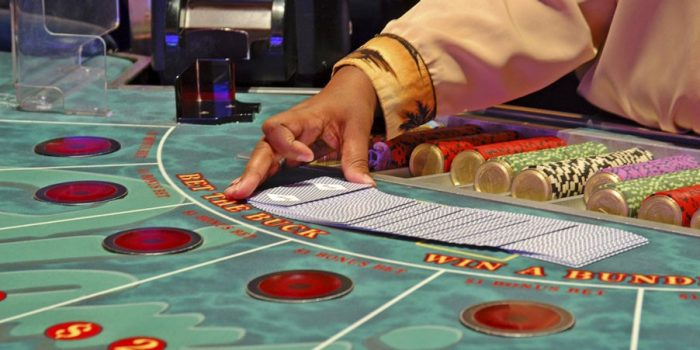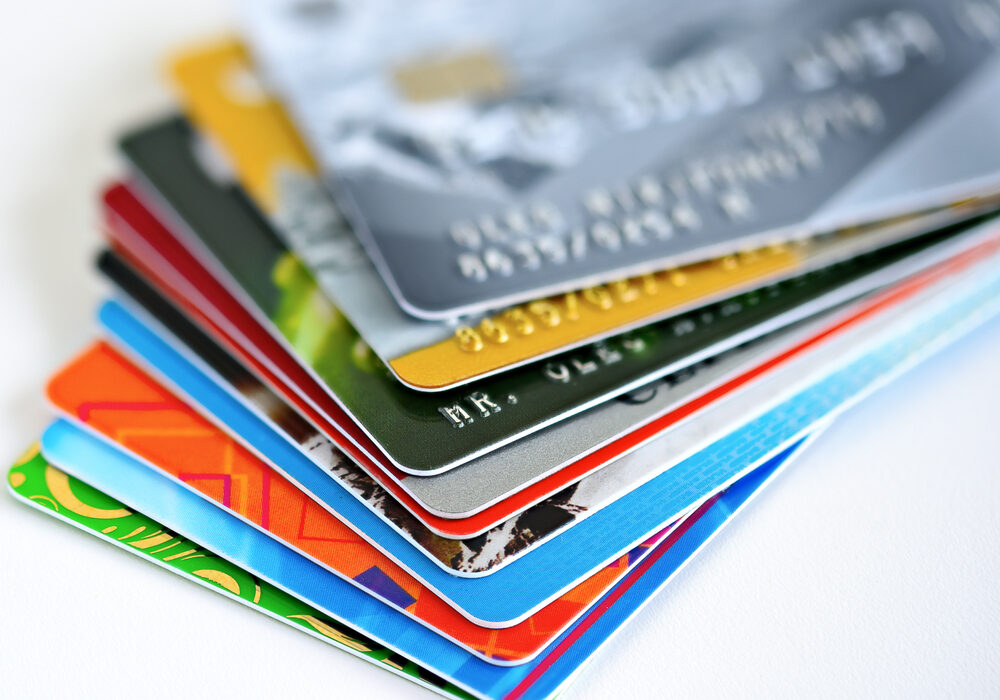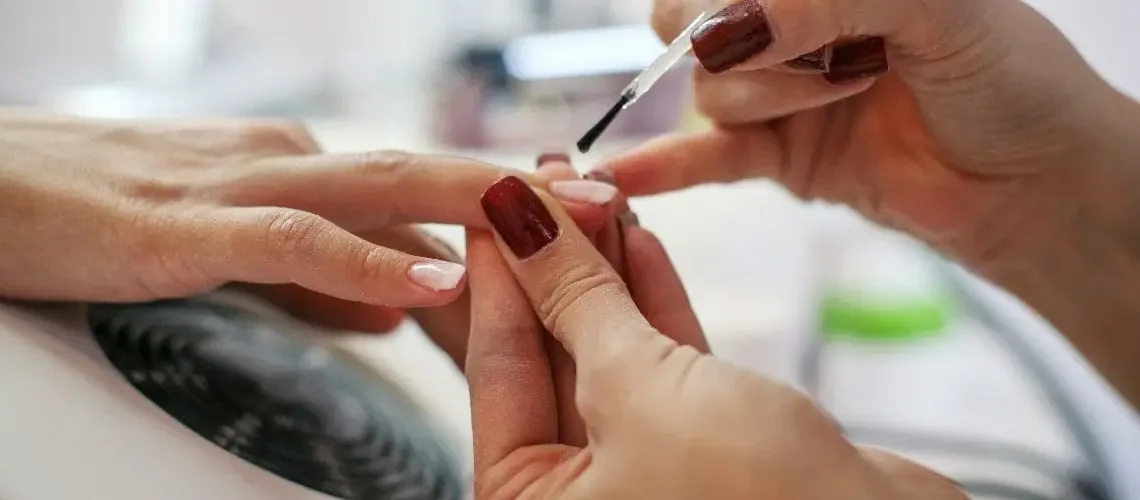How To Play Online Casino Baccarat
If you’re like most people, you probably think of casinos as places where you can lose your money. But that’s not the only thing they offer. Casinos are also great places to learn new games and enjoy a good time with friends. In this blog post, we will teach you how to play online 우리카지노 baccarat, one of the more popular casino games out there. If you’re ready to learn how to play this game like a pro, read on!
What is Baccarat?
Baccarat is a casino game that pits two players against each other in a race to collect cards with the aim of achieving higher totals than the opponent. The player who collects the most cards by the end of the hand, or during a progressive sequence, wins the game. Baccarat offers an interesting and unique way to gamble, as players can focus on trying to predict which cards will be drawn next instead of simply betting on what they believe will be the outcome. This makes it one of the most popular casino games for those looking for an entertaining and challenging experience.
How to Play Baccarat
There are many different ways to play online casino baccarat, and the following article will teach you how to play the game using a variety of methods.
If you want to learn how to play baccarat without any risk, then you should try the basic strategy tutorial below. This simple guide will teach you all the basics that you need to know in order to play successfully at online casinos.
Alternatively, if you’re looking for more advanced tips and tricks, then be sure to check out our comprehensive guide on playing baccarat for real money here at Casino Korea. This guide covers everything from how to choose the right online casino game points for baccarat, to detailed advice on specific betting strategies.
So which method is best for you? It really depends on your personal preferences and gaming skills. If you’re just starting out, our basic strategy tutorial is probably the best option for you. However, if you’re more experienced and want more in-depth tips and advice on specific betting strategies, then our comprehensive guide is definitely for you!
What are the Basic Rules of Baccarat?
The basic rules of baccarat are as follows:
- The player and dealer both place two bets, one on the number shown and the other on either a 2 or 3.
- If the player’s bet is equal to or more than the dealer’s bet, then the player wins automatically; if it is less, then the dealer wins.
- If the player’s bet is less than the dealer’s bet, then the player loses automatically; if it is more, then the dealer loses.
- Bets must be placed before any card is dealt; after that, any card can be used to win or lose.
What are the Different Types of Baccarat?
Baccarat is a game of chance in which players place bets on the outcome of two hands of cards. The game is played with a standard deck of 52 cards, and there are four types of baccarat: European, American, à la carte, and French.
European Baccarat: In European baccarat, the players place wagers on the result of two hands of cards. The player to the dealer’s left makes the first bet, followed by the player to the dealer’s right. Each player then places one more bet according to their original bet amount. The hands are then played out and the results determined. If both hands result in a tie, then re- Betting occurs until one hand wins outright.
American Baccarat: In American baccarat, the players also place wagers on the result of two hands of cards, but these bets are made prior to playing the hands. This means that there is no re- Betting involved in this type of baccarat.
Kakeroi Baccarat: Kakeroi baccarat, each player begins by making an initial wager that can be increased or decreased depending on how well their chosen hand performs. There is no limit to how much a player can win or lose during play in Kakeroi baccarat.
How to Win at Baccarat
In order to win at baccarat, you will need to learn how to play the game correctly. First and foremost, always remember that baccarat is a game of pure chance, so you cannot rely on any specific strategy or tactics to win. Secondly, remember that the object of the game is to accumulate points by betting on certain cards while avoiding betting on others. Finally, be patient – it can take some practice before you become a good player.
Advantages of Playing Baccarat
Playing online casino baccarat can be a fun and exciting experience, but there are also some definite advantages and disadvantages to consider. Advantages of playing online casino baccarat include the convenience and accessibility of this game, as well as the variety of options available when it comes to gaming tables. Disadvantages may include the potential for fraud or other problems, as well as the high level of risk associated with playing this type of game. In general, though, playing online casino baccarat offers a lot of opportunities for entertainment and enjoyment.
Conclusion
Baccarat is a classic card game that can be enjoyed by all. If you’re looking for an easy way to learn the game, online casinos are a great place to start. Whether you’re new to casino games or just want to brush up on your skills, our guides will teach you everything you need to know about playing baccarat at an online casino. In the meantime, we recommend practicing here at SlotsUp! We have multiple practice modes so that you can perfect your strategy before taking the plunge into live play.















